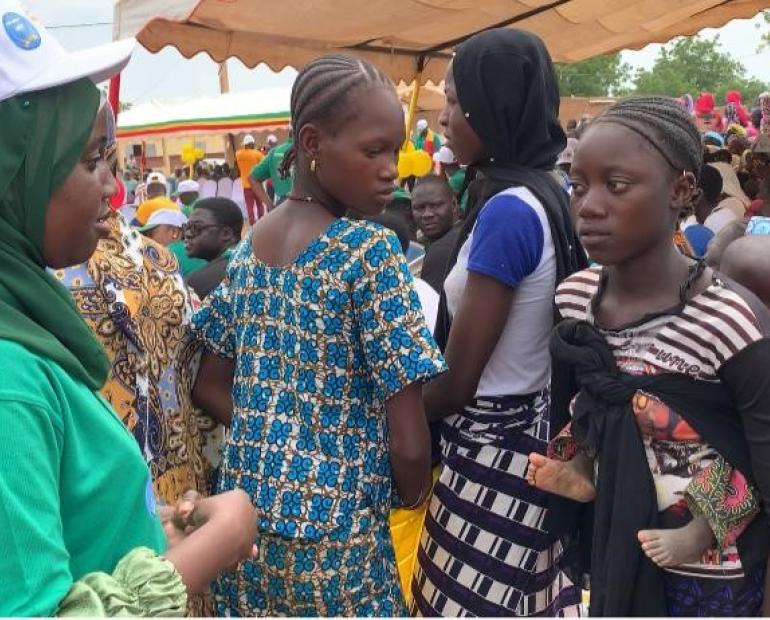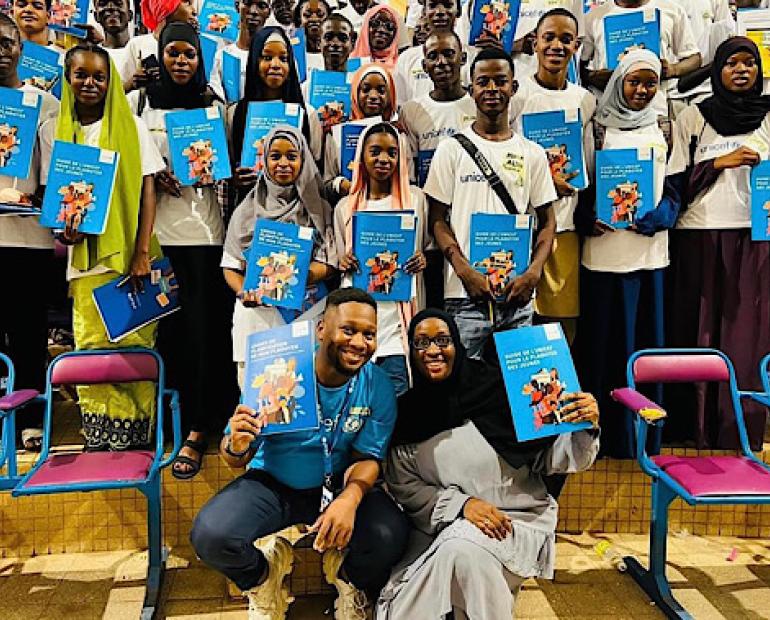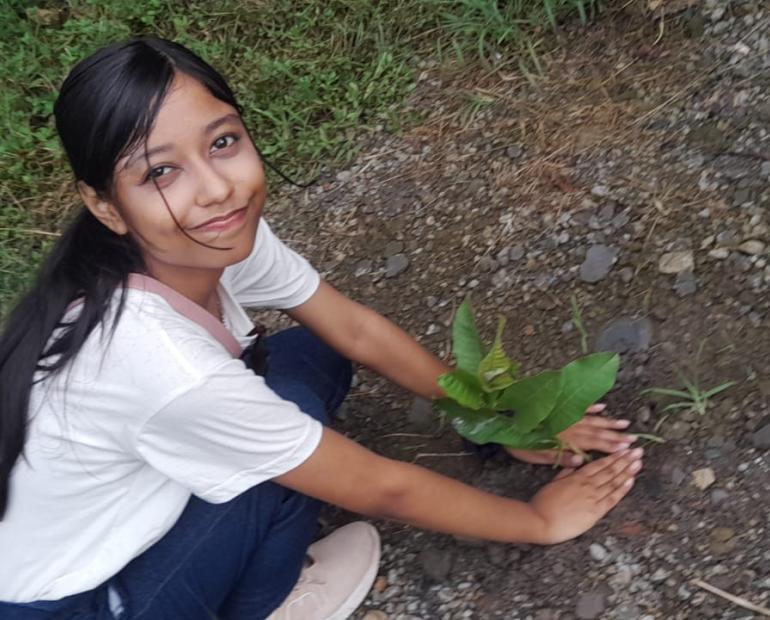
My name is Mark Kato from Uganda, 24 years old, an International Disability Alliance Youth Fellow representative at the World Federation of Deafblind (WFBD). I have a multiple disability called deafblind, one of the marginalized disabilities within the disability fraternity.
I am passionate about youth mobilization, participation, engagement, vocational training, and equality for all. I am very interested in mobilizing the youth. I like our creativity as youth and children with disability and I want to continue mobilizing the youth especially from the marginalized disabilities to take leadership and self-advocate for themselves. I am a self-advocate I raise awareness on the challenges and barriers we face and recommend solutions thereof.
Self-advocacy is an efficient concept for raising awareness on deafblind youth issues as youth with disabilities have different life experiences. Empowering them to do self-advocacy is the right things to do. Self-advocacy of youth with disabilities makes them key players in the fight for disability inclusion, promoting disability rights through advocacy.
I have always been vocal about the rights of youth with disabilities, inspired by my personal lived experience as a deafblind youth. Youth can come together to have a voice, to advocate, and leave no one behind. Youth with disabilities need the confidence to break the silence, fight negative attitudes, carry out advocacy, raise awareness on the experiences of persons with disabilities compared to the rest of the population. Due to stigma, discrimination, marginalization, and different barriers faced by people with disabilities, they are at increased risk of adverse impacts, including not having access to education, food insecurity, and health risks.
The meaningful participation and inclusion of persons with disabilities will ensure that disaster responses, education and health policies, and access to information are inclusive of persons with disabilities. The views and perspectives of youth and children with a disability must be considered. Not one person should be left behind.





